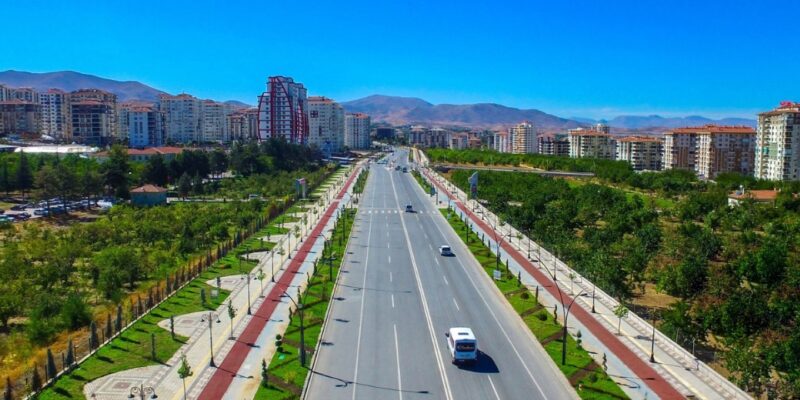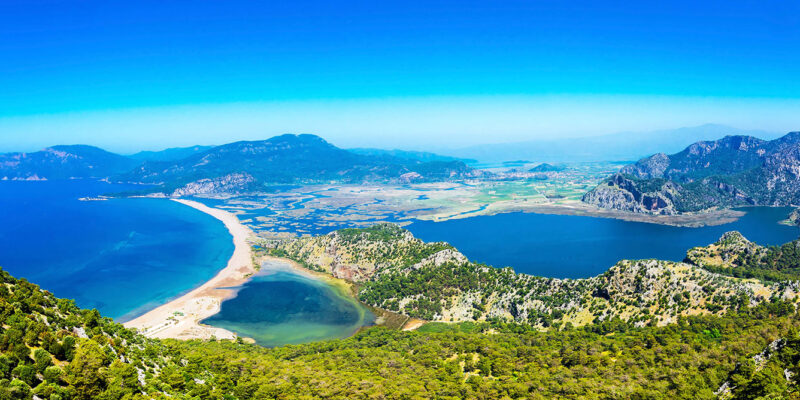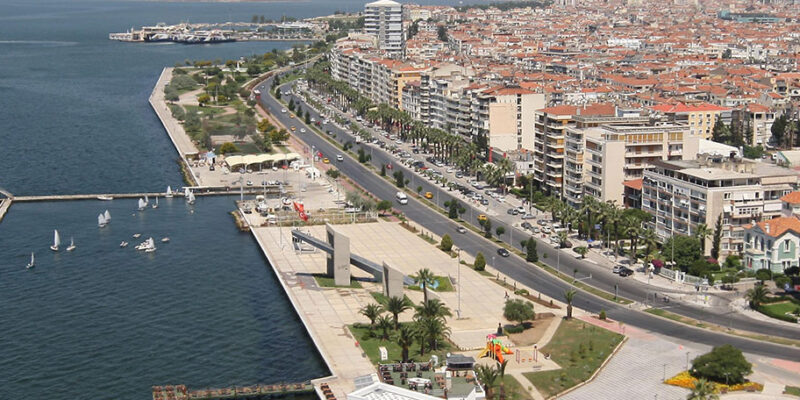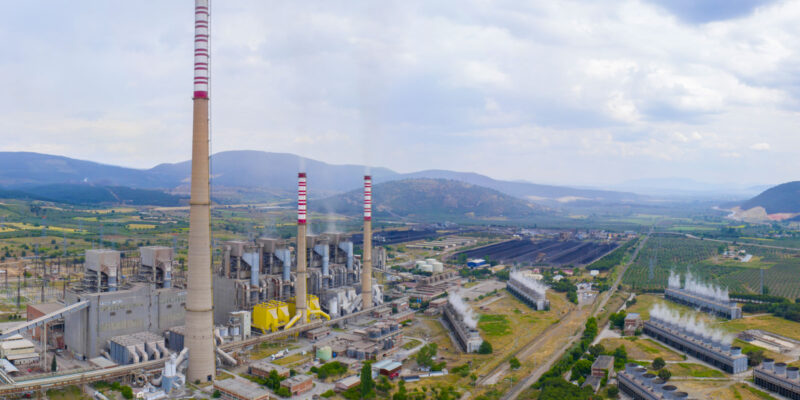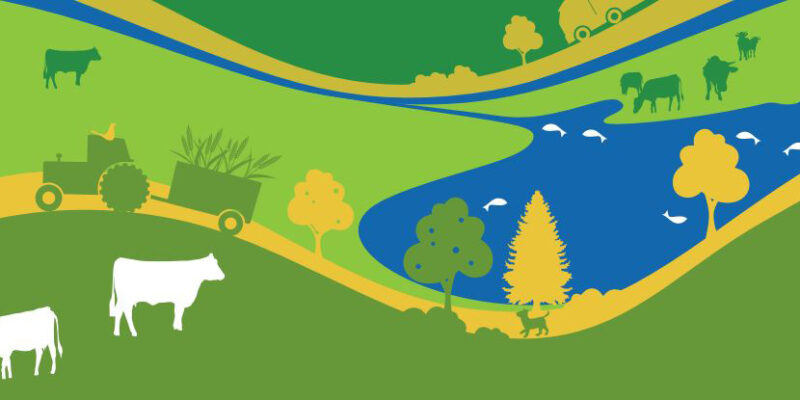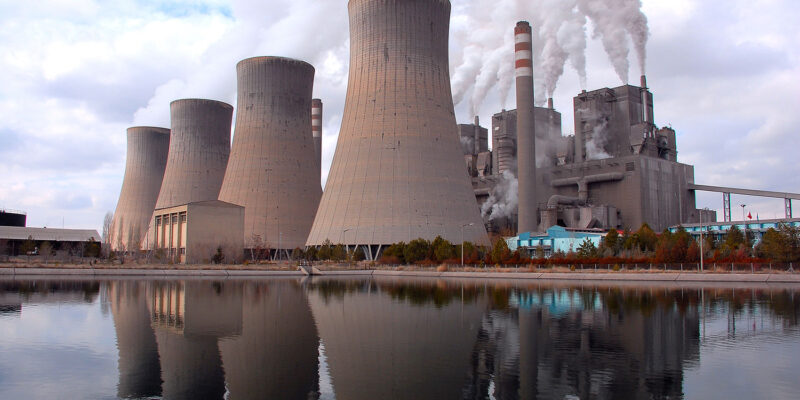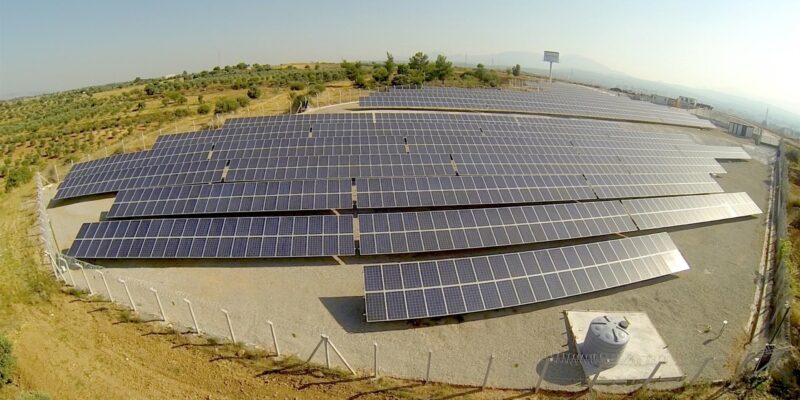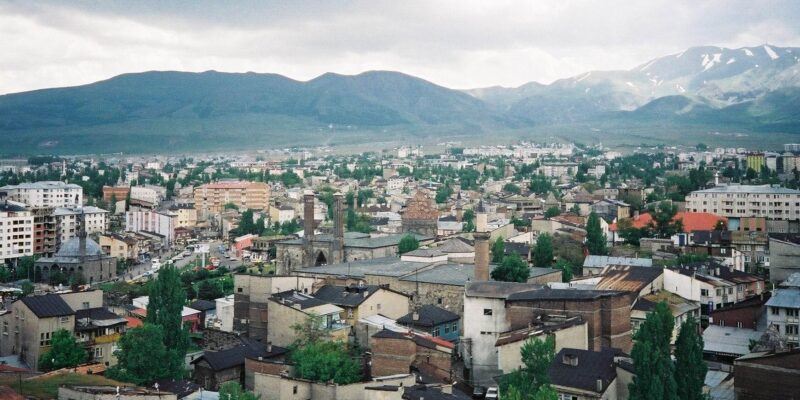Malatya Metropolitan Municipality implemented the Project of Modelling Industrial Symbiosis and Cleaner Production with Renewable Energy in Malatya Locality in 2020, and a feasibility report was prepared in this context.
Malatya Metropolitan Municipality aims to provide a sustainable environment and to develop locally by reducing energy dependence by evaluating the waste sludge treated in the wastewater treatment plant of the Maski General Directorate and released as a pollutant to the nature and the sludge of the Organized Industrial Zone treatment plant.
In the project, drying and burning the sludge and converting the heat energy released into electrical energy, meeting the institutional energy expenditure; Scenarios of generating income by using the inert heat of Solid Waste Integrated Environmental Management Facility belonging to Malatya Metropolitan Municipality and selling the excess amount of produced energy or drying the sludge using inert heat and generating income by selling the dry sludge have been studied. Within the scope of the project, it is aimed to develop industrial relations and ensure resource efficiency with the new power generation facility planned to be established.
